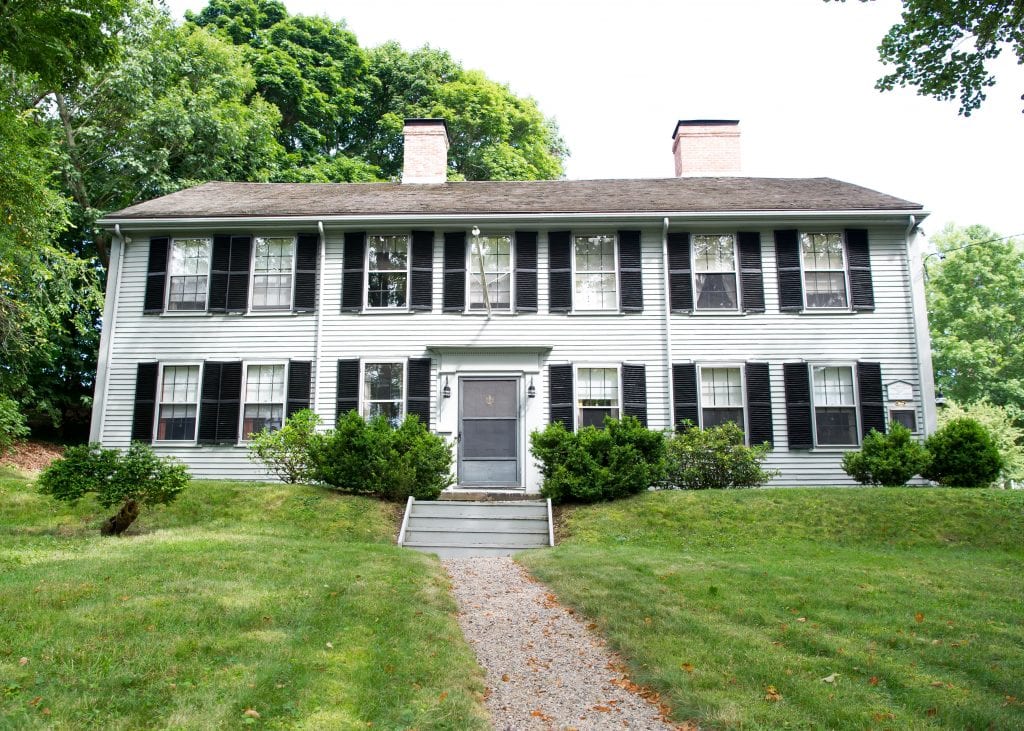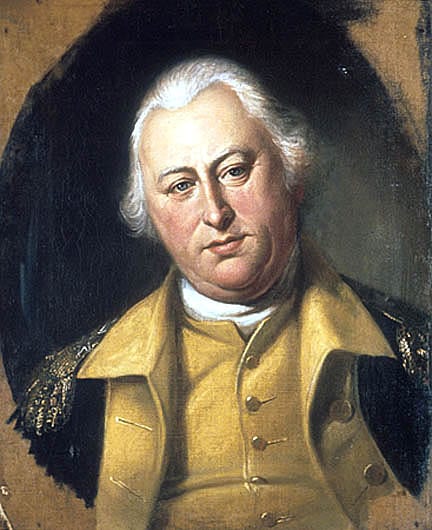
March 10, 2020 by Carol Britton Meyer (above photo courtesy of Town of Hingham Website)
Community Preservation Committee (CPC)-recommended projects have a separate funding mechanism from town building proposals, such as a renovated or new Foster School or a new fire station(s).
Community Preservation Act (CPA) funding comes from a 1.5 percent CPA annual taxpayer surcharge that Hingham voters adopted in 2000. The state matches a portion of the funds.
"The Community Preservation Act is a state statute that tells us what this money is allowed to be used for," Hingham Community Preservation Committee Chair Larry Lindner told the Hingham Anchor.
"There is no category for school construction, so our committee doesn't have the authority to recommend that any of the town's CPA funds go toward building [or renovating] a new school," he explained. "We're not talking about competing dollars. It's like comparing apples and oranges."
CPA funds may only be used for open space acquisition, historic preservation, community housing, and limited recreational projects under the open space category and can not be used for any other purpose. Town Meeting has the final say on which projects are funded.
On the other hand, school officials are hopeful that Foster School will qualify for partial reimbursement from the Massachusetts School Building Authority. If that happens, the remainder of the cost would be paid for by the town, contingent on Town Meeting approval.
As an example of how the funding mechanism for CPA and school projects differs, Hingham's Community Preservation Committee is recommending that Town Meeting voters allocate $772,000 of the $972,000 Hingham Historical Society's request to purchase the circa 1665 Benjamin Lincoln House at 181 North St. from the current round of Hingham's available Community Preservation Act funding -- which is separate from the regular town budget and other funding sources.
 Photo courtesy of the Hingham Historical Society
Photo courtesy of the Hingham Historical Society
As background, the Society reached an agreement with the owners of the house to purchase the property for its assessed value, contingent upon its ability to raise both the purchase price and a $1 million endowment needed to fund future operating and maintenance expenses if Town Meeting approves the purchase. Should the Society acquire the property, the owners have agreed to donate the home’s most historically-significant furnishings. Fundraising efforts are underway.
"A good way to look at this is that CPA money helps fund projects that might not be able to be paid for [through the town budget or] any other way and might therefore slip through the cracks," Lindner said. "CPA funds have often gone toward iconoclastic projects that help make Hingham Hingham. The Benjamin Lincoln House request for funding is an example of that."
Photo courtesy of the Hingham Historical Society
Lincoln is considered to be "one of the most important people in the Revolutionary War, and the house is something no other town or city has," he said. "Therefore the Benjamin Lincoln House is a prime candidate for CPA funding, to turn it into a museum. It was apparent to our committee that there is a groundswell of support among the townspeople for the Historical Society to purchase this house."
Foster School

Looking back, this is the third try for MSBA funding for Foster School, for what school officials have said for years is much-needed renovation work -- or a completely new building.
Last December the MSBA invited the Town of Hingham and 10 other communities and school districts into the MSBA's Eligibility Period, which came as welcome news to Hingham school officials, teachers, and families of Foster schoolchildren concerned about the issues plaguing the building.
The MSBA partners with Massachusetts communities to support the design and construction of educationally-appropriate, flexible, sustainable, and cost-effective public school facilities.
During the Eligibility Period, the MSBA works with school districts to determine their financial and community readiness to enter the MSBA Capital Pipeline.
Upon timely and successful completion of the Eligibility Period requirements, Hingham would become eligible for an invitation into the Feasibility Study phase of the MSBA Capital Pipeline, subject to a vote of the Board of Directors.
The town would not be committed to filing for an application for funding with the MSBA unless through an affirmative Town Meeting vote.
Foster School was built in 1951, with an addition in 1957 and renovations in 1974 and 2008. The building is in need of major work or a new school in order to provide a full range of programs consistent with state and local requirements, according to school officials.
Hingham received MSBA funds for major South School and High School renovations in the 1990s and for the new Middle and East schools later on.


